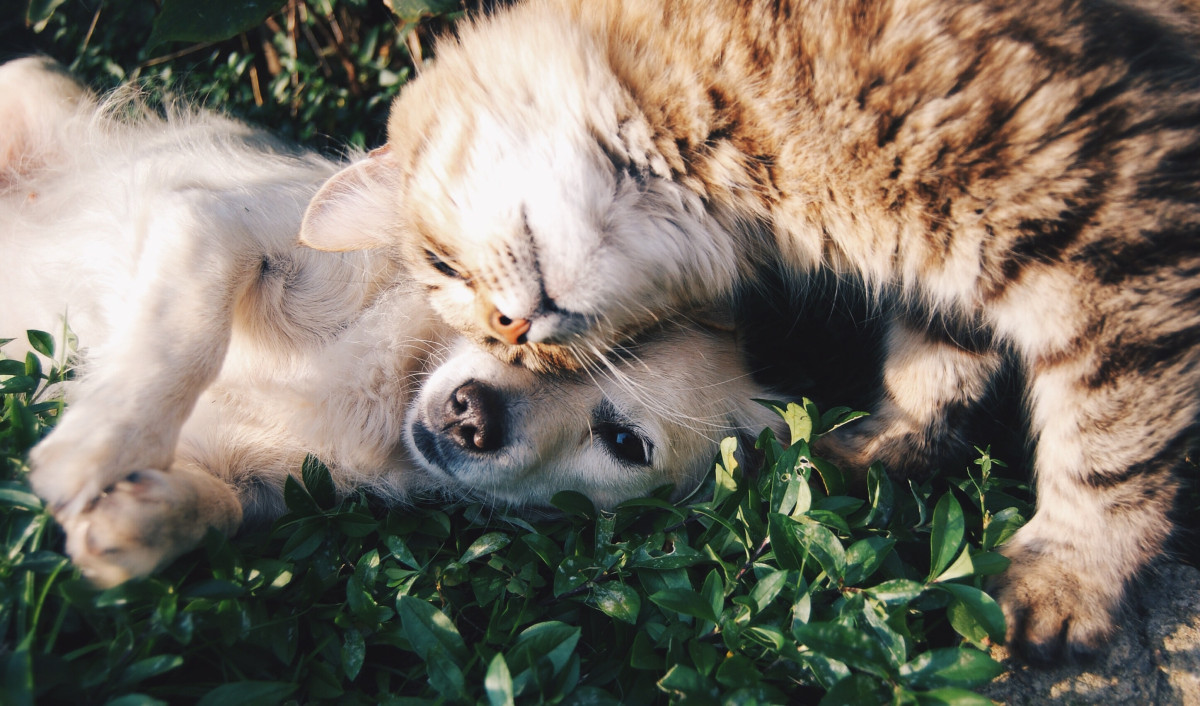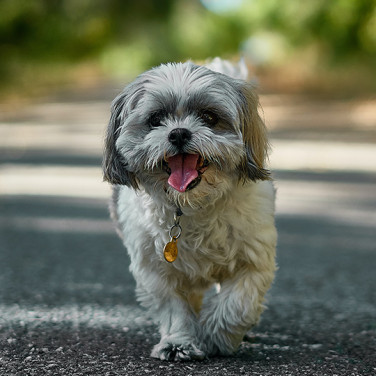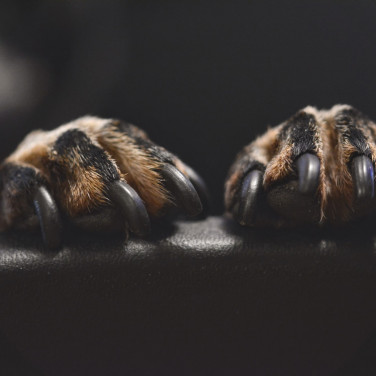ARTICLE
Cat & Dog Vaccine Side Effects and Info
페이지 정보
본문
There is always a risk of side effects when it comes to vaccinations, but the actual probability of experiencing a severe side effect is relatively small. The majority of side effects are mainly a result of an allergic reaction or a mild symptom that lasts for a short duration. The most severe reaction a pet may experience includes anaphylaxis, hives, facial swelling, diarrhea, vomiting, and difficulty breathing. It is stressful for the minority of pet parents whose pets will experience adverse side effects. However, the diseases the vaccines protect your pets from are mostly minimal compared to any known side effects.
According to a recent study, approximately 1 in every 1,000 dogs experience a severe vaccine side effect and found even less in cats.
What side effects can my pet get from vaccinations?
The majority of side effects from vaccinations are temporary and mild compared to the diseases the vaccinations protect them from. We have provided a list of the common side effects and less common side effects that require immediate attention if they occur:
Common side effects:
- Redness, localized swelling, and tenderness around the vaccination site
- Mild fever
- Lethargy
- Loss of appetite
- Cold-like symptoms; these side effects are associated with vaccinations administered by drops or sprays into the animal’s eyes or nose.
Severe side effects:
- Anaphylaxis
- Weakness or fainting
- Difficulty breathing
- Persistent coughing
- Hives
- Facial swelling
- Persistent vomiting or diarrhea
What precautions can I take before vaccinating?
If your pet has had any reaction listed above from a vaccine in the past, inform your vet before the vaccination appointment. Communicate with your veterinarian with any other questions and concerns you may have.
A few precautions you can take as a pet parent on the day of vaccination are to ensure your pet does not get vaccinated on a full stomach, and secure their carrier securely, so it does not rattle at all that may cause stress. You may use treats to reinforce calm and positive behavior on the way and after vaccinations to condition your pet for future appointments.
How do I care for my pet after receiving a vaccination?
After vaccination, if you are worried about a severe reaction, wait for 30-60 minutes before taking your pet home. Provide a warm and comfortable place for your pet to rest at home. They may wander and rest elsewhere. This behavior is expected, and it is best to leave them be and let them rest where they desire. Ensure they have water and food easily accessible near them. Do not be alarmed if they do not eat right away. Lastly, avoid petting or playing with your pet to allow ample time to rest. They will come to you for attention when they are feeling better.
If any common side effects persist for more than 3 weeks, contact your veterinarian for further guidance.
What is a titer test?
A titer test is a way of checking how many antibodies your pet has that help prevent particular illnesses. Your veterinarian can judge from a titer test whether your pet is due for a booster to increase the number of antibodies to fight against specific viruses when exposed. Some pet parents opt to take an annual titer test instead of a booster appointment to avoid unnecessary vaccination.













